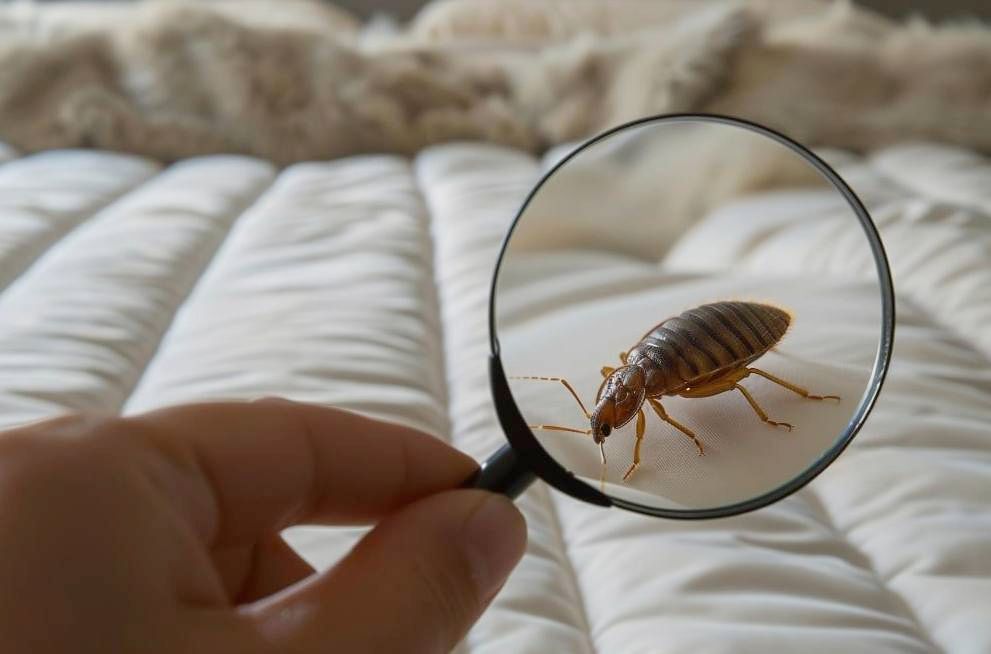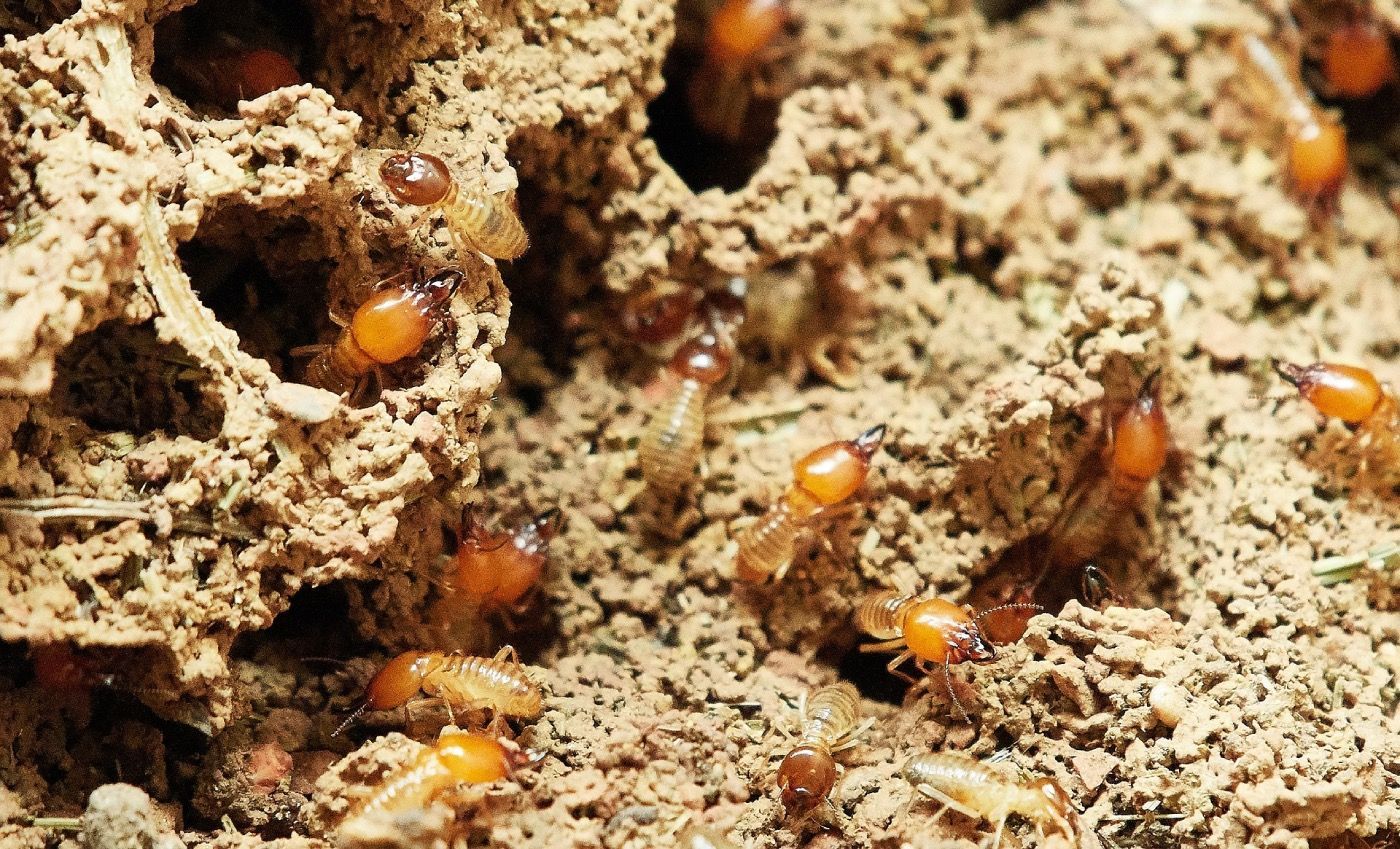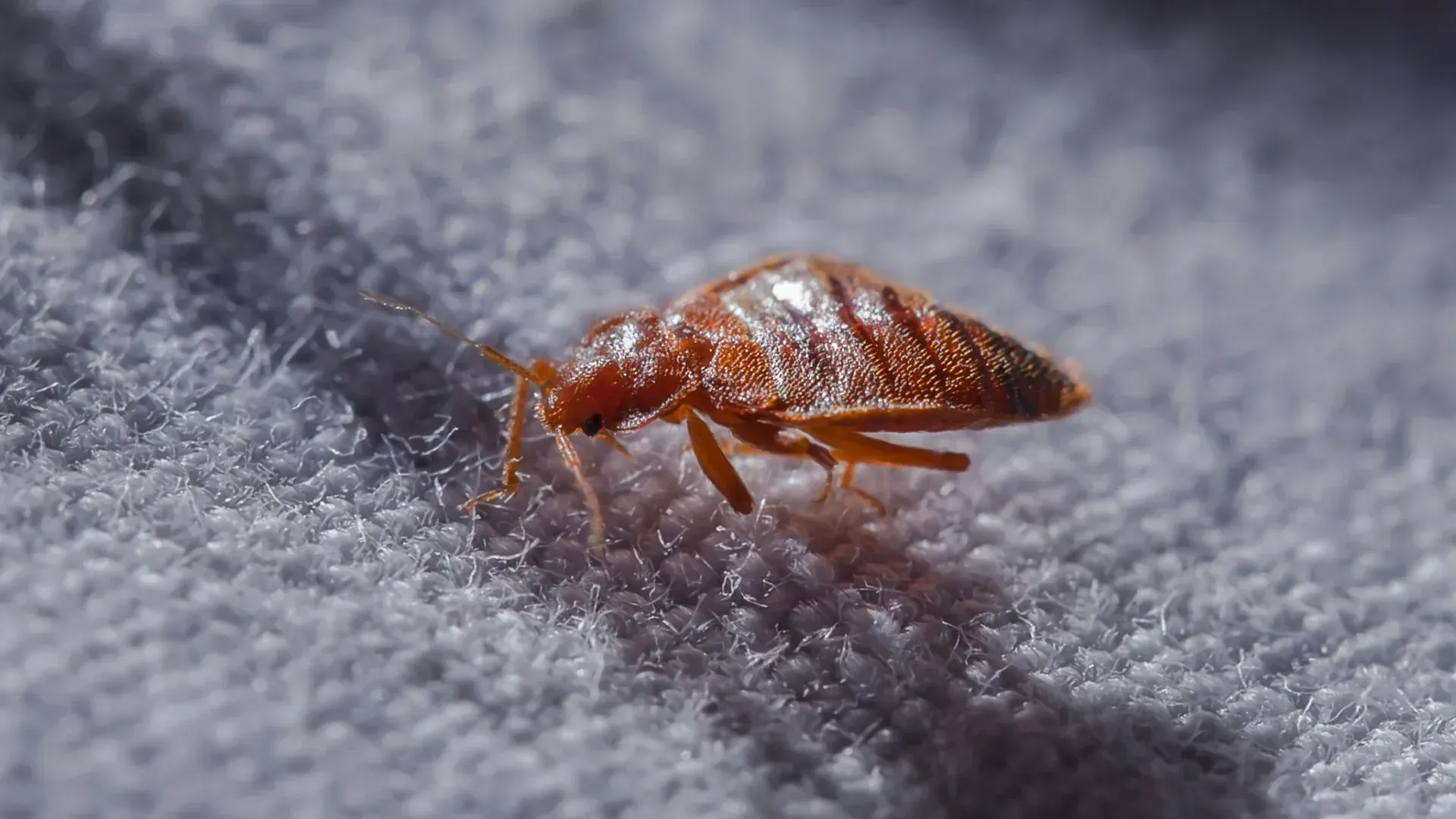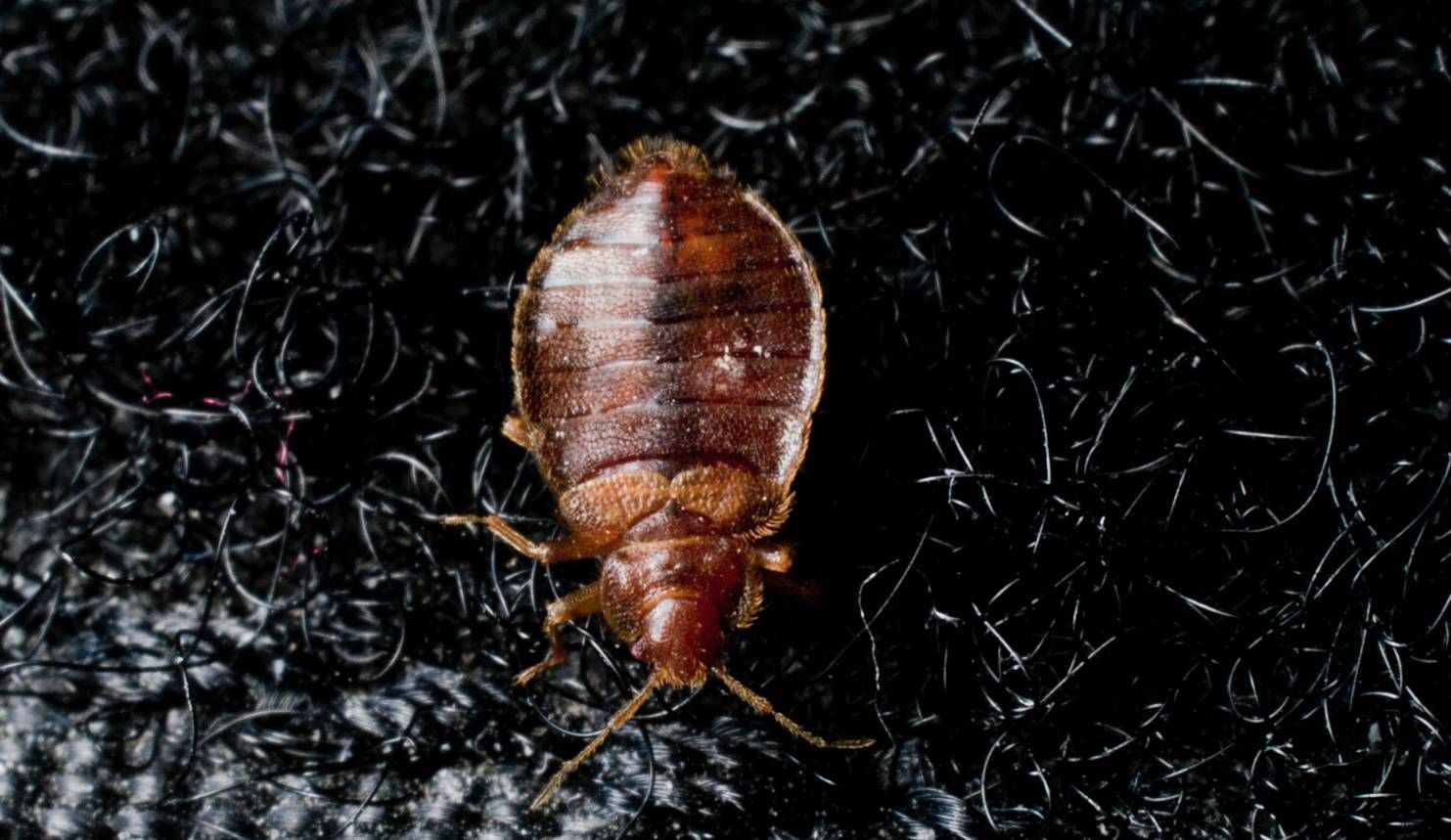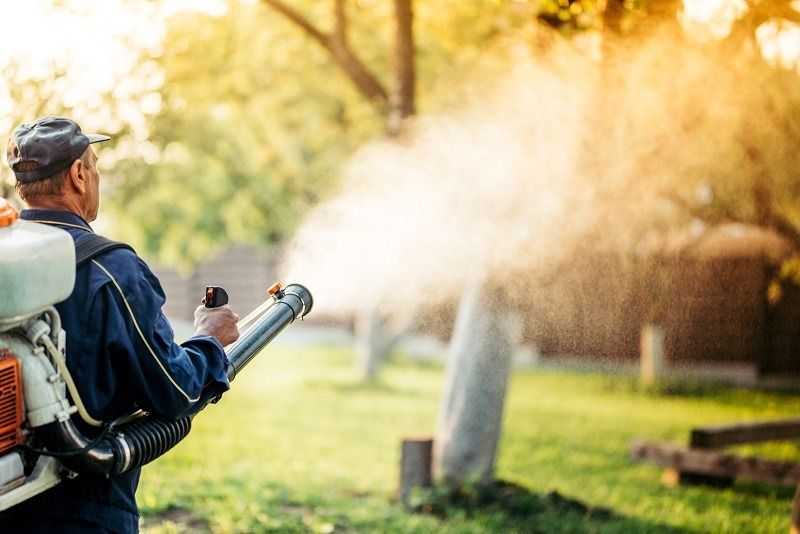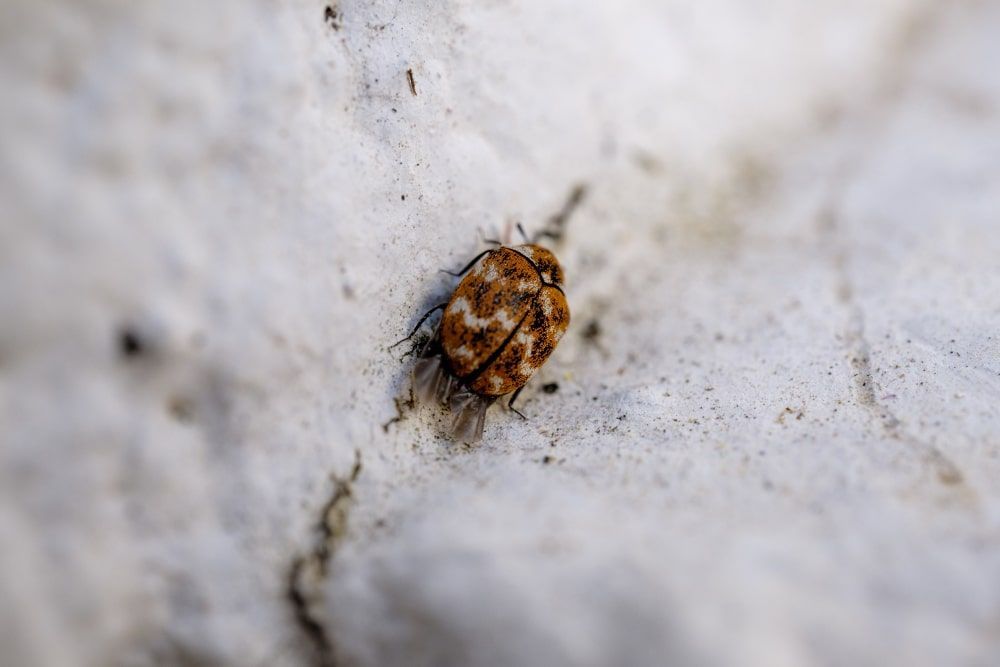Natural vs. Chemical Mosquito Control: Which One Is Right for You?
Mosquitoes are more than just a warm-weather nuisance. They’re carriers of dangerous diseases like West Nile Virus, Zika Virus, dengue fever, and malaria. Keeping them under control isn’t just about comfort it’s about health and safety. But when it comes to choosing the best mosquito control strategy, homeowners are often caught between two options: natural or chemical mosquito control.
Both approaches have their benefits and drawbacks, and the right solution often depends on your specific needs, lifestyle, and preferences. In this blog post, we’ll break down how each method works, compare the pros and cons, and help you decide which type of mosquito control is right for you.
Understanding Natural Mosquito Control
Natural mosquito control methods aim to repel or eliminate mosquitoes without using synthetic chemicals. These solutions are often plant-based or physical deterrents and are ideal for homeowners looking for environmentally friendly or non-toxic approaches.
Common Natural Mosquito Control Methods:
- Essential Oils (e.g., citronella, eucalyptus, peppermint, lavender)
- Garlic or Neem Oil Sprays
- Mosquito-repelling Plants (e.g., marigolds, lemongrass, basil)
- Biological Controls (e.g., mosquito fish or introducing predators)
- Elimination of Standing Water
- Mosquito Traps with Natural Baits
- Natural Fogging Solutions
Pros of Natural Mosquito Control
- Eco-Friendly - Natural products are typically biodegradable and less harmful to the environment, making them ideal for eco-conscious homeowners.
- Safe for Children and Pets - With no harsh chemicals, natural repellents are often safer for families with small kids and pets who spend time outdoors.
- Minimal Risk of Resistance - Unlike chemicals, which mosquitoes can sometimes grow resistant to over time, natural methods offer varied repellents that are harder for pests to adapt to.
- Pleasant Aromas - Many natural repellents (like lavender or eucalyptus) leave behind a fresh scent, enhancing your outdoor environment.
Cons of Natural Mosquito Control
- Short-Term Effectiveness - Most natural methods need frequent reapplication, especially after rain or watering. Their effectiveness tends to wear off quickly compared to chemical treatments.
- Limited Coverage - Natural methods may not cover large outdoor areas effectively or eliminate dense mosquito populations.
- Not Always Strong Enough - In high-mosquito environments or during peak seasons, natural solutions may offer only mild to moderate relief.
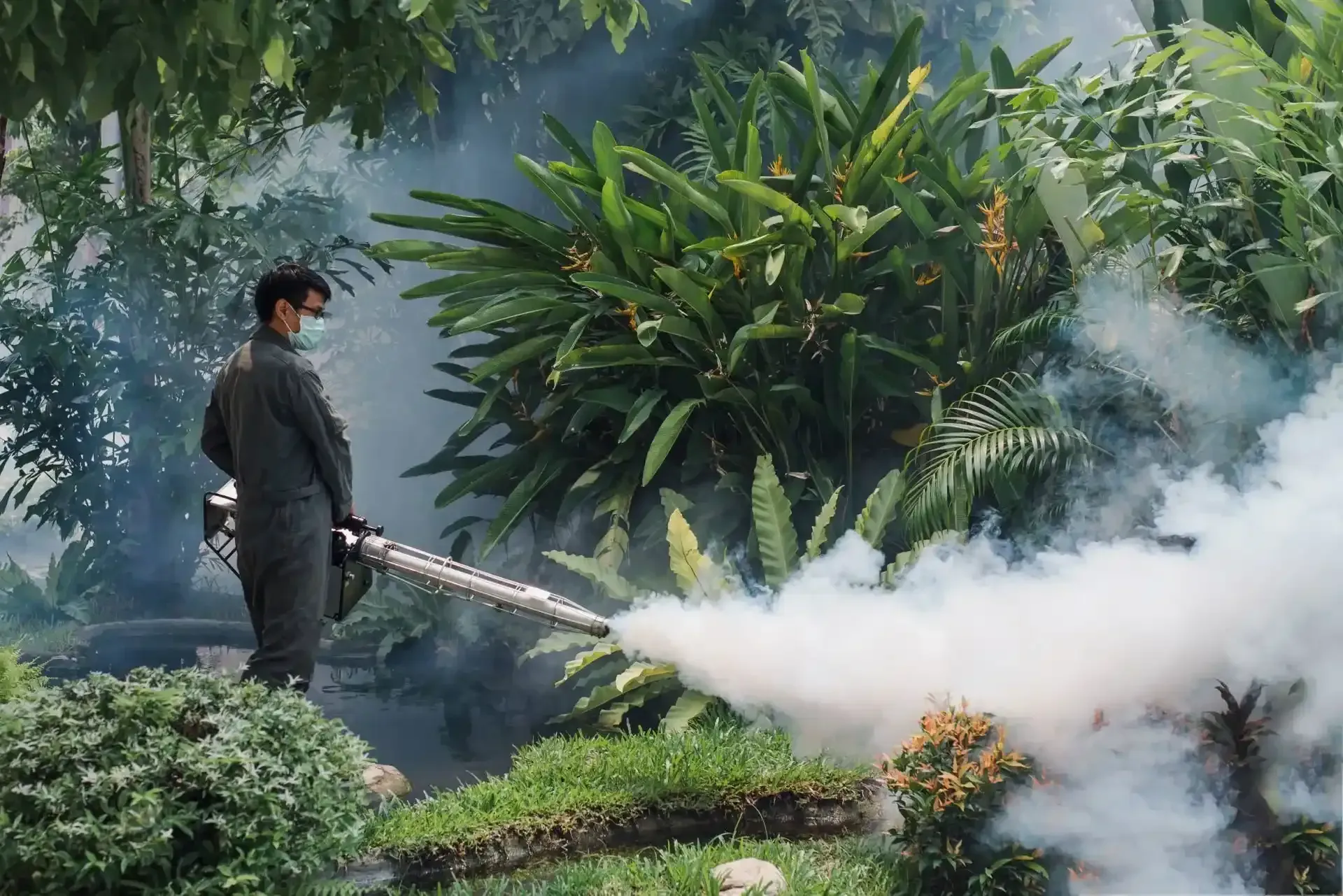
Understanding Chemical Mosquito Control
Chemical mosquito control involves using synthetic insecticides or larvicides to kill mosquitoes at various life stages. These treatments are often applied by professionals using foggers, sprays, or granules.
Common Chemical Control Products:
- Synthetic Pyrethroids (used in fogging and barrier sprays)
- Larvicides (such as methoprene or Bti to kill mosquito larvae)
- Residual Insecticides (long-lasting sprays applied to shrubs and shaded areas)
Pros of Chemical Mosquito Control
- High Effectiveness
Chemical sprays and foggers offer immediate and long-lasting results, killing mosquitoes on contact and providing residual protection. - Covers Large Areas
Ideal for bigger yards, parks, or properties with thick vegetation, chemical treatments can blanket wide spaces effectively. - Fast Results
If you're dealing with a sudden mosquito outbreak or preparing for an outdoor event, chemical control offers rapid relief. - Customizable Solutions
Pest control professionals can tailor chemical treatments to your property’s layout and mosquito severity.
Cons of Chemical Mosquito Control
- Potential Health Risks
Some synthetic insecticides can cause allergic reactions or pose risks if inhaled or touched shortly after application especially for sensitive individuals, pets, or people with respiratory issues. - Environmental Impact
Chemical treatments may affect non-target insects like bees, butterflies, and aquatic life if misapplied or overused. - Risk of Mosquito Resistance
Over time, mosquitoes can become resistant to certain chemicals, reducing the effectiveness of repeat treatments. - Odors or Residue
Some chemical sprays leave behind a noticeable smell or residue, though modern formulas aim to minimize this issue.
Which One Is Right for You?
Choosing between natural and chemical mosquito control ultimately depends on your situation and priorities. Here are a few questions to help guide your decision:
1. Is your mosquito problem occasional or severe?
- If you have
mild mosquito activity or want light protection while gardening or entertaining,
natural repellents may be enough.
- If you’re dealing with heavy infestations, frequent bites, or breeding near your home, chemical treatments may offer more powerful, lasting results.
2. Do you have kids, pets, or health sensitivities at home?
- Natural methods are generally safer for homes with children, pets, or anyone with chemical sensitivities.
- If you opt for chemicals, always follow safety instructions and allow time for the treated areas to settle before re-entry.
3. Are you eco-conscious or trying to minimize your carbon footprint?
- Natural options like essential oils and habitat reduction are the most sustainable and environmentally responsible choice.
- Some modern chemical treatments use targeted, lower-toxicity formulas, but they still impact ecosystems more than natural alternatives.
4. Are you preparing for an outdoor event or gathering?
- For short-term relief (such as a wedding, barbecue, or birthday party),
chemical mosquito fogging can provide quick and effective protection.
- You can also combine both methods use a chemical treatment a few days before the event and add natural repellents during the event itself.
The Best of Both Worlds: Integrated Mosquito Management
Many homeowners are choosing to blend both approaches for optimal results. This strategy is often called Integrated Mosquito Management (IMM) and includes:
- Removing standing water (a key natural strategy)
- Planting mosquito-repelling herbs
- Using larvicides in problem areas
- Applying professional barrier sprays only where needed
- Using personal natural repellents for added protection
By combining chemical and natural methods thoughtfully, you can minimize health and environmental risks while keeping mosquitoes under control.
Final Thoughts
There’s no one-size-fits-all answer to mosquito control. What works for one property or homeowner may not suit another. Natural solutions offer safety and sustainability, while chemical methods deliver power and performance. Your decision should be based on your family’s lifestyle, the severity of your mosquito problem, and how much time and effort you’re willing to invest.
If you’re unsure what’s best for your situation, consider consulting with a professional mosquito control specialist. They can assess your yard, identify breeding hotspots, and recommend a plan that blends natural and chemical strategies to keep mosquitoes at bay so you can enjoy your outdoor spaces without the buzz and the bites.
